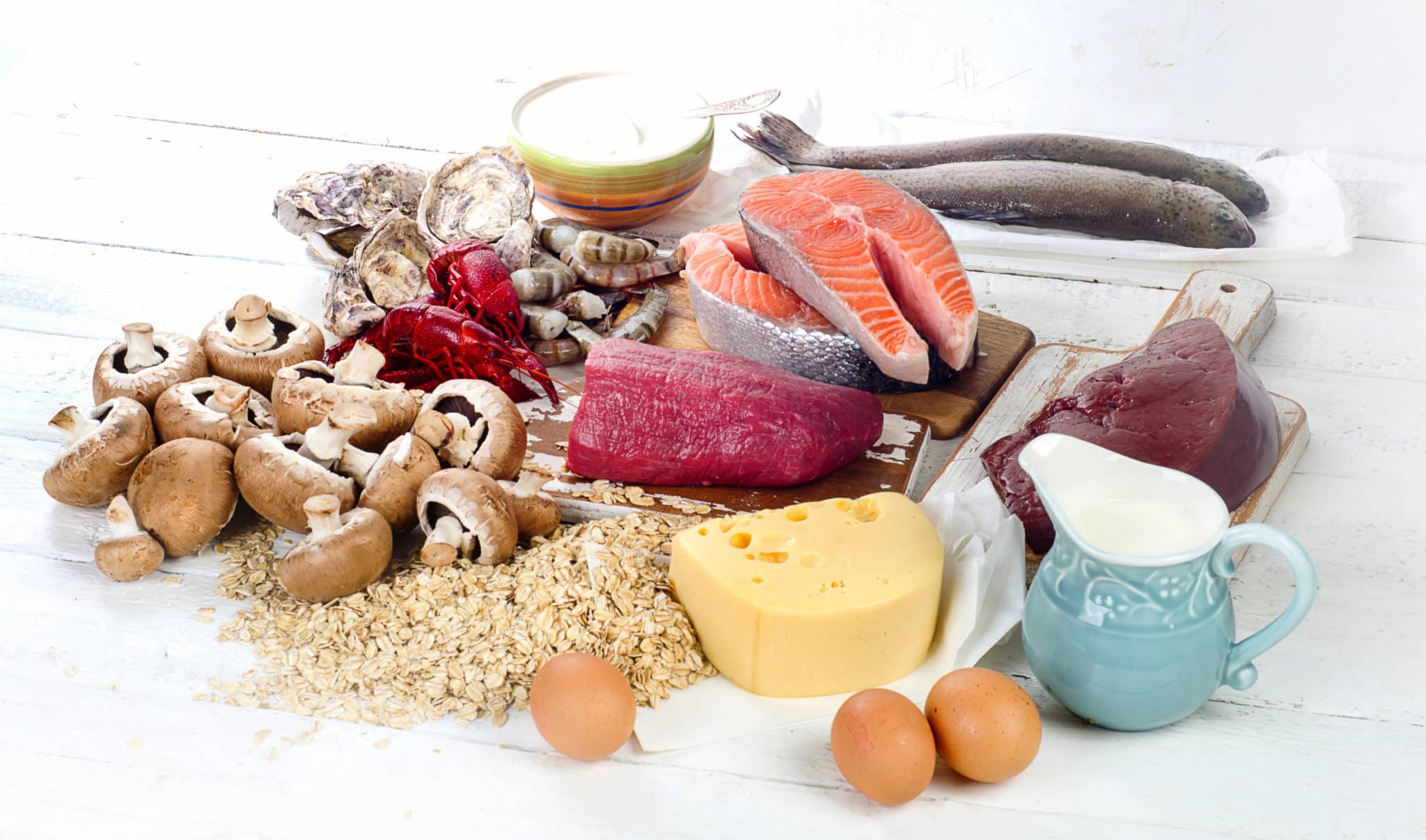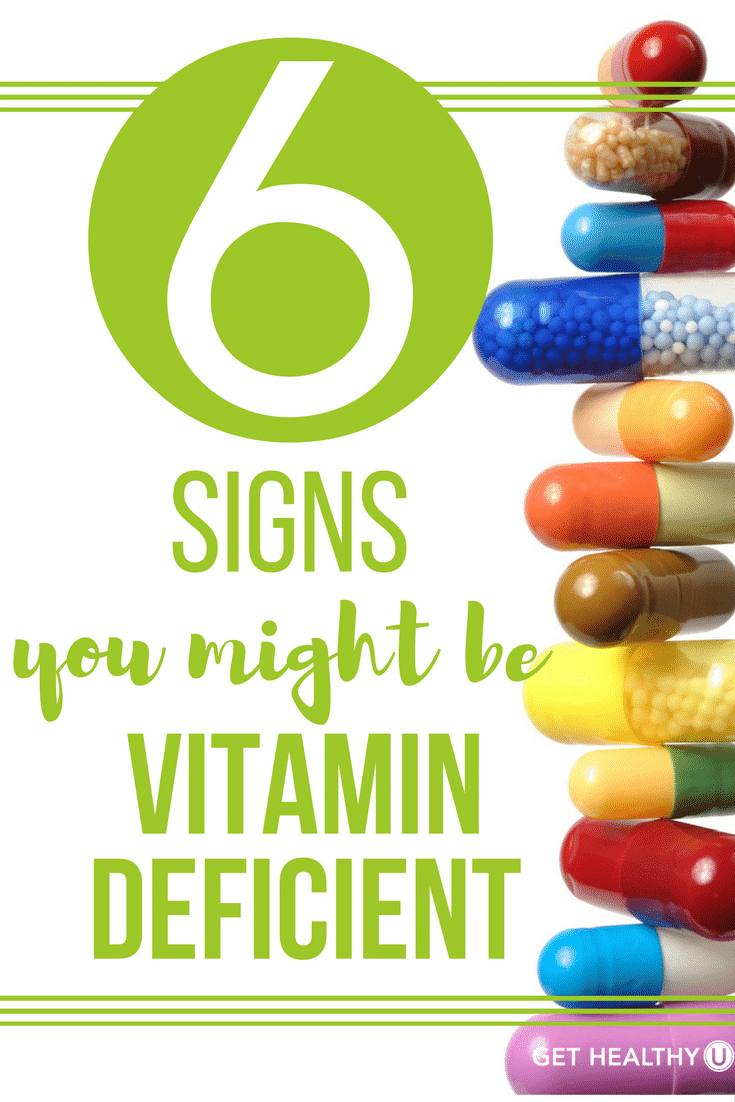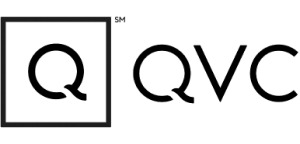This post contains affiliate links. Please see our disclosure policy.
Vitamin B12 is crucial for our bodies. It aids in making DNA, nerve and blood cells, and supports a healthy brain, immune system and properly functioning metabolism.
But unlike other vitamins, B12 is only found in animal products such as eggs, meat, shellfish and dairy making vegetarians and vegans at risk for being vitamin B12 deficient along with those with celiac disease and people over the age of 50.
The aging process, while beautiful in its own right, comes with its own concerns, in this case, the body’s ability to absorb vitamin B12 from food slows down significantly.
In fact, 4 out of every 100 women between the ages of 40 and 59 are B12 deficient. So how can you know if you’re deficient?
Here are the signs and symptoms of B12 deficiency, along with how to take action.
1. No amount of sleep can combat your fatigue.
You’ve tried clocking a full 8 hours. You’ve tried an afternoon jolt of caffeine, but nothing seems to keep you awake.
Fatigue is one of the first signs of a vitamin B12 deficiency. Your body requires the vitamin to produce red blood cells that provide your organs with oxygen. A lack of oxygen results in fatigue, regardless of the amount of Z’s you’ve clocked.
2. You feel weak.
When you’re muscles don’t get enough oxygen, everything you try to pick up can feel like 1,000 pounds, and when you walk, it can feel like you’re going through mud.
General weakness typically occurs after a bout of intense activity, like an extra-long hike. Your muscles may feel weak for a few days before you return to normal.
But should you have unexplained and ongoing weakness, it may be a sign of a vitamin B12 deficiency.
3. You experience numbness.
Weird sensations in the body, like numbness, or pins and needles, can be a result of the deficiency due to nerve damage, which occurs because the cells are not getting the proper amount of oxygen they need to thrive properly.
4. You forget things.
And not simply the name of someone you just met, but your dear friend’s name. Or perhaps you start doing strange things like putting your keys in the pantry.
Despite your initial concern that you are suffering from early dementia, it may be low B12.
Research of 121 people found that those with low B12 scored worse on cognitive tests and had smaller brain volumes.
5. You feel lightheaded.
Whether you’re walking through the grocery store and suddenly feel like you might drop to your knees, or can barely make it up the stairs without getting dizzy, low B12 can cause you to feel out of sorts.
In fact, one study that compared vitamin B12 levels of patients who went to the ER for dizziness and 100 healthy volunteers discovered that the dizzy patients had 40 percent less B12 than the volunteers.
6. You feel sad and anxious.
Sure, lots of things can make you feel sad and worried, but when you find yourself uncontrollably crying over spilling some coffee on the floor, or feeling anxious about even conversing with another human, you might be experiencing low B12.
This is because such a deficiency is known to wreak havoc on your mood. And while doctors are unsure of why, it is suspected that it might have something to do with B12 affecting levels of serotonin and dopamine.
What To Do If You’re Vitamin B12 Deficient
If these symptoms sound familiar, the first thing you should do is go to your doctor to run a blood test.
Then if you are low, you can focus on getting vitamin B12 through your diet and supplements.
Food Sources of vitamin B12:
- Fish/shellfish
- Beef
- Poultry
- Eggs
- Milk
- Milk products
- Fortified cereals
B12 For Vegans and Vegetarians:
Because B12 is not found in plants, vegans are especially at risk for such a deficiency. A recommended solution is to use products that are fortified with B12, like fortified soy or nut milks. Other sources of vegan/vegetarian B12 include:
- Mushrooms
- Tempeh
- Nori
- Nutritional yeast
Vegetarians can also have:
- Eggs
- Milk
- Yogurt
B12 Shots and Supplements:
For those suffering from a serious vitamin B12 deficiency, it is recommended to either take weekly shots of vitamin B12, or a daily high-dose of B12 pills. A mild deficiency can be corrected via a standard multivitamin, however.
B12 If You Are Over 50:
Vitamin B12 over 50? What should you know?
For those over the age of 50, the Institute of Medicine recommends that you don’t simply rely on foods to get enough B12, but also incorporate a supplement since you may no longer be able to absorb enough of the vitamin through food like you once could.









I was just diagnosed with vitamin B12 deficiency. My main symptom was pins and needles sensation in various places all over my body. Mostly hands and feet but often random sensations in legs, neck even my face. Got a blood test and found out I was low in B12 and D. Also borderline anemic. I eat pretty well but am 54 so it must be that I’m not absorbing nutrients like I used to.
nice information, thank you! Telkom University